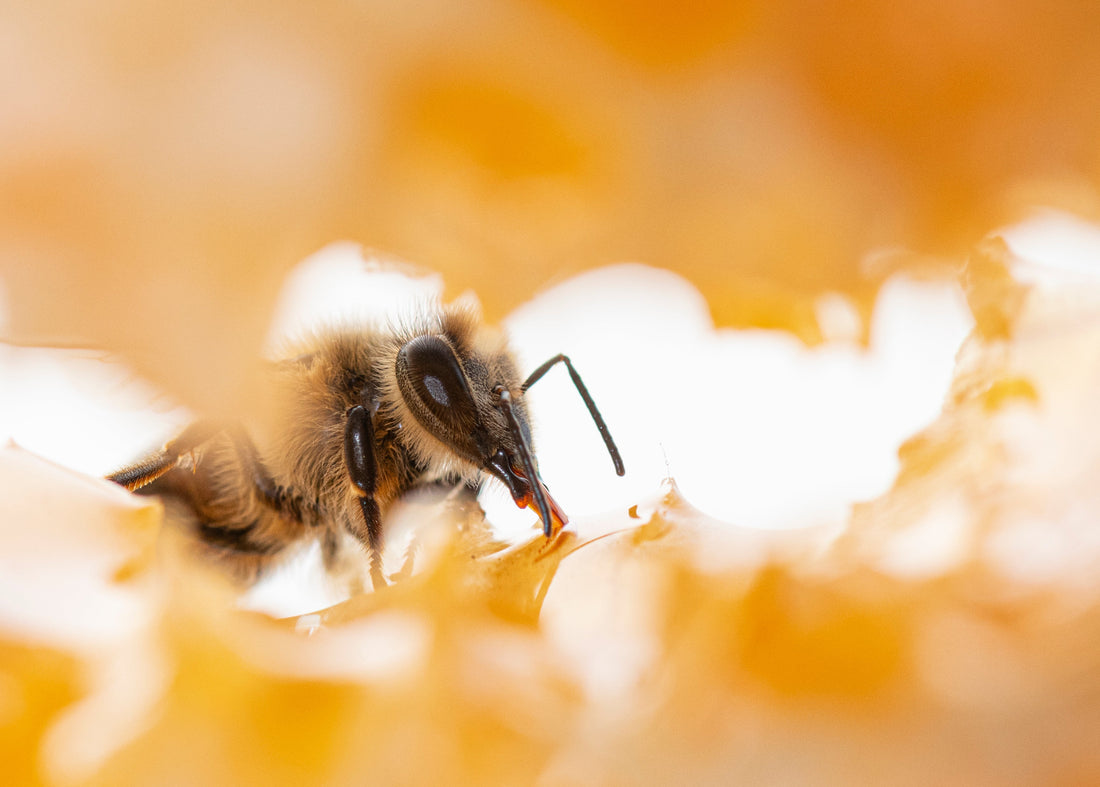New research reveals surprising links between bee and human brains during sleep.
We already know bees are vital to life on Earth. They pollinate around 75% of leading global crops and support ecosystems through biodiversity. But now, science has uncovered something even more fascinating: the brains of bees and humans may have more in common than we ever imagined, especially when it comes to sleep.
A new study from the University of Trento has shown that when honeybees sleep, their brain activity closely resembles our own. The findings suggest that sleep might play a similar role in memory, perception, and brain function across species, even in insects with brains millions of times smaller than ours.
🧬 What the Research Found
Using advanced brain imaging, machine learning, and neural simulations, researchers recorded brain activity in sleeping honeybees. They focused on the antennal lobes—part of the bee’s brain responsible for processing smells—and observed how these networks behaved during rest.
The results? When bees sleep, their neural activity slows down and becomes synchronised. This mirrors what scientists see in mammals during sleep. The bees’ brains also showed reduced ability to process sensory information, just like ours do when we're deeply asleep.
Why This Matters
The implications of this are huge. Not only does it show that sleep plays a critical role in memory and cognition for bees (they consolidate memories like how to navigate to food sources), but it also offers a unique window into how sleep works in general.
Bees provide something we can’t ethically or practically study in humans: access to individual neuron activity during sleep. That could one day help researchers understand and treat human sleep disorders, from insomnia to memory loss.
🐝 The Conservation Connection
There’s a deeper issue here: bee sleep is under threat.
Pesticides, climate stress, and environmental noise are all disrupting bee sleep. Without proper rest, bees lose their ability to navigate, forage, and perform the complex tasks that make them such essential pollinators. Poor sleep weakens entire colonies, and that puts food security and ecosystems at risk.
This research helps us understand just how essential sleep is to a bee’s well-being. And it highlights why protecting their habitats, reducing pesticide use, and supporting pollinator-friendly environments matter more than ever.
What You Can Do
- Plant pollinator-friendly flowers to create safe forage zones.
- Avoid using pesticides and herbicides that interfere with bee behaviour and sleep cycles.
- Support local beekeepers and conservation projects.
- Raise awareness about how small environmental changes can affect bee health.
Bee Conservation can help your company become more sustainable. Get in touch about all the services we offer!
University of Trento (2025). Neuronal correlates of sleep in honeybees. Neural Networks. DOI: 10.1016/j.neunet.2025.107575

